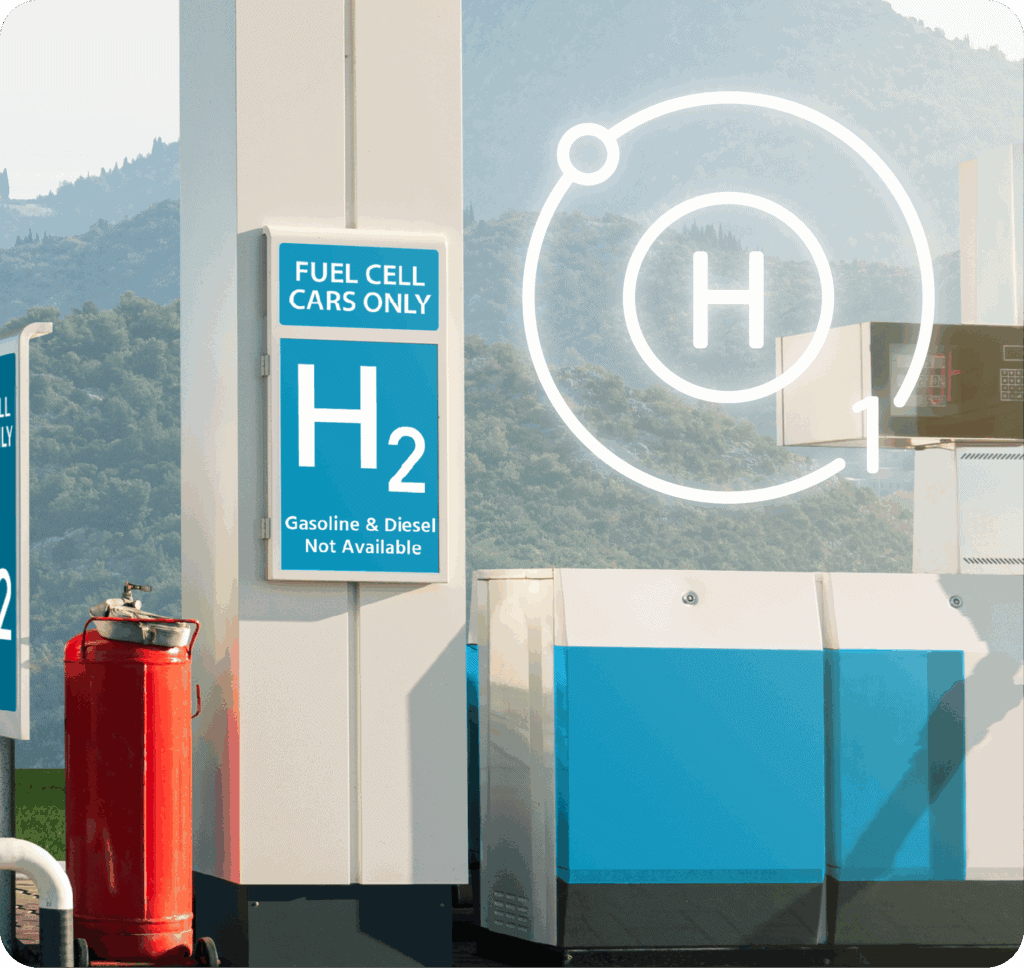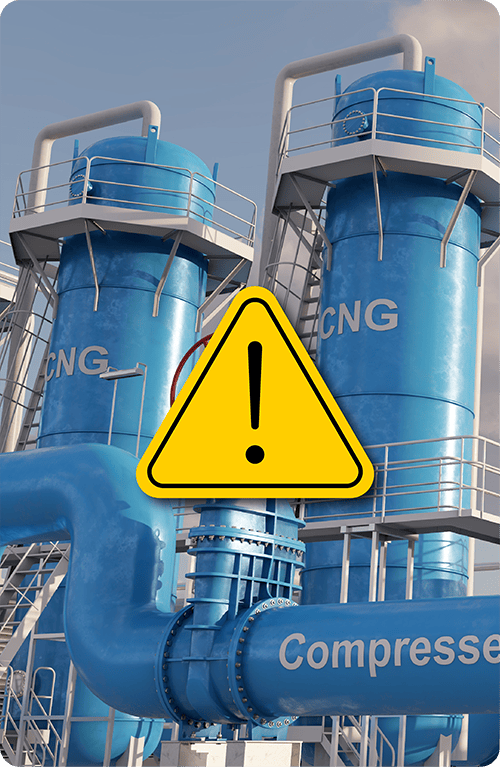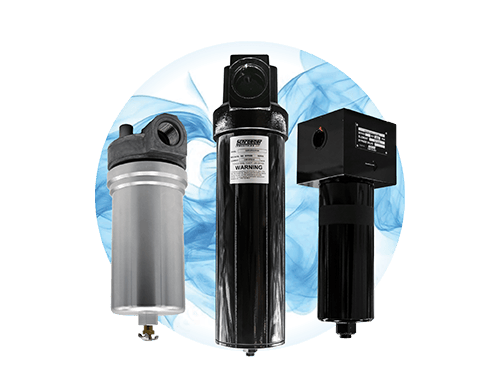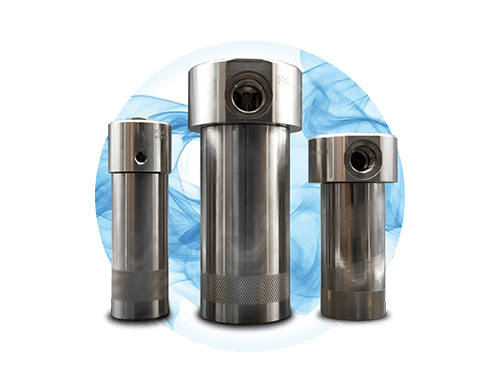The Unique Challenges of Compressed Gas Filtration
Comments Off on The Unique Challenges of Compressed Gas Filtration
Compressed gases are an increasingly large part of what keeps our world moving!
Compressed gases are a common part of many industrial processes, including pharmaceutical manufacturing, cosmetic production, and applications in the food and beverage industry.
Additionally, compressed natural gas (CNG) and hydrogen are seeing increased adoption as alternative fuels. As sustainability initiatives and technological development progress, the markets for these compressed gas fuels is expected to skyrocket in the coming years.

However, did you know that compressed gases are also vulnerable to contamination?
Contamination is a well-known problem in hydraulic fluids and diesel fuel. In fact, the majority of premature equipment failure in fluid power applications is contamination-related.
Solid particulates and water can become ingested into these conventional fluid power systems, causing damage to components, lost productivity, and even total equipment failures.
Compressed gas systems can also be infiltrated by damaging contaminants, with similar consequences.

Just like in conventional fluid power applications, filtration is the solution to contamination!
However, gas filtration has some unique challenges compared to liquid filtration:
Smaller Molecule Sizes
Gas molecules are much smaller than liquid diesel and hydraulic oil molecules! This means that even the tiniest breach in the filter’s construction can allow gas to escape. In flammable gas applications, leaks can be extremely hazardous.
Tiny Contaminants
Solid contamination particles in a gas system are also generally much smaller than in diesel and hydraulic systems. These ultra-fine particles, often less than 1 micron in size, require extremely fine filtration compared to most liquid applications.
Constant Pressure
Unlike diesel fuel and hydraulic oil, compressed gases must be pressurized at all stages of storage, transfer, and filling. This means that filters at all points in a compressed gas supply chain can be exposed to higher pressure.
Chemical Interactions
Compressed gases can have unique chemical interactions with different metals. Hydrogen embrittlement, for example, is the potentially catastrophic weakening of metals in the presence of hydrogen atoms.
Schroeder Industries’ filtration expertise extends into gas applications!
CGF Series: Comprehensive Filtration for Compressed Air and CNG
These versatile and effective gas filters offer excellent performance across a wide range of gas applications while remaining accessible and cost effective. The CGF Series is a great choice for operations requiring reliable gas filtration for compressed air and CNG!

GF Series: Optimized Filtration for Hydrogen Applications
Due to higher pressure requirements and risks of embrittlement, hydrogen is one of the most demanding gas applications, requiring exceptional filter construction and design. Schroeder Industries’ GF Series brings the required performance for these challenging scenarios!







